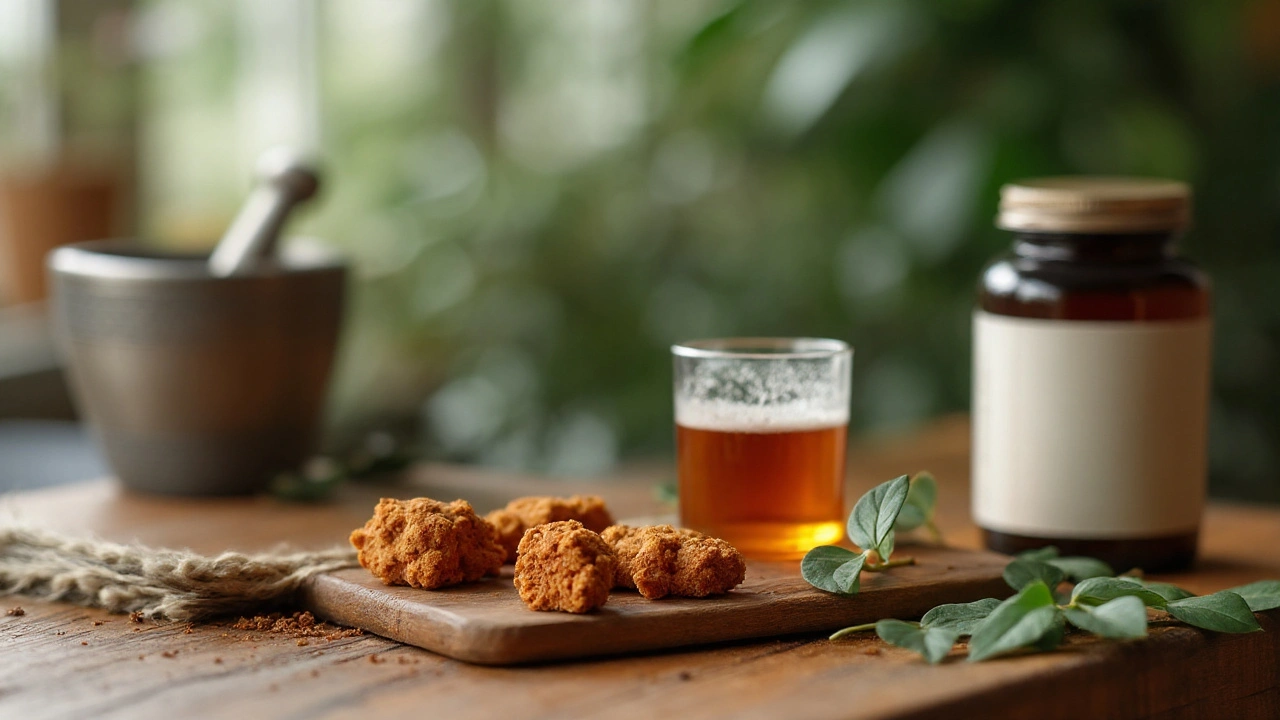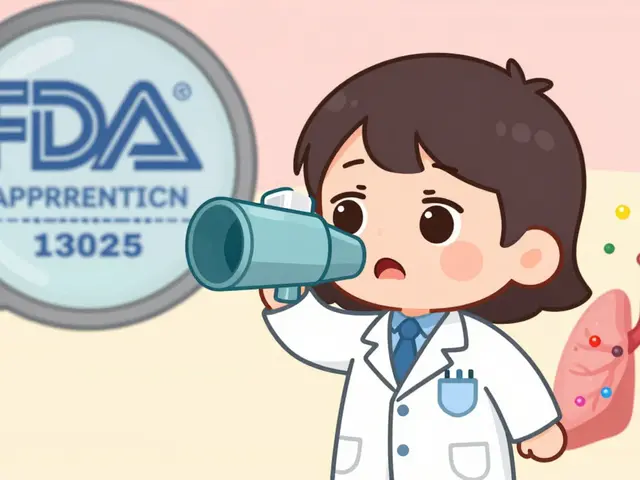Quillaja Saponaria – What It Is and Why You Should Care
If you’ve ever wondered why some shampoos feel so foamy or why certain cough syrups taste so bitter, the answer often traces back to quillaja saponaria. Also called soapbark tree, this South American plant produces a bark rich in natural surfactants called saponins. Those saponins lower surface tension, which is why they act as gentle cleansers and foaming agents. Beyond cleaning, researchers have found anti‑inflammatory and immune‑boosting properties that make quillaja popular in herbal medicine.
Top Everyday Uses of Quillaja Saponaria
First off, cosmetics love it. Many natural soaps, facial cleansers, and even toothpaste contain soapbark extract because it lathers well without harsh chemicals. If you have sensitive skin, the mild nature of quillaja can help reduce irritation compared with synthetic detergents. In the health world, the bark is used in cough syrups and throat lozenges; the saponins soothe irritated membranes while also acting as a mild expectorant. Some dietary supplements claim to support joint health and digestion by leveraging its anti‑inflammatory action—though you’ll want to check dosage recommendations carefully.
Another niche use is in agriculture. Farmers add quillaja extract to spray mixes to improve the spread of pesticides, thanks to its natural emulsifying power. If you’re into DIY projects, a few drops of soapbark tincture can boost the foaming ability of homemade cleaning solutions without adding harsh chemicals.
Safety, Dosage & Buying Guide
Even though quillaja is plant‑based, it’s not a free‑for‑all. High concentrations of saponins can irritate the gut or cause allergic skin reactions. For topical products, look for formulations that list the extract at 1‑5 %—that range is generally safe for most people. Oral supplements usually recommend 100‑300 mg per day, split into two doses, but always start low and see how your body reacts.
When shopping, choose reputable brands that test their products for purity. Certifications like GMP (Good Manufacturing Practice) or third‑party lab reports are good signs. Avoid cheap bulk powders unless you can verify they’re free from contaminants; the bark can pick up heavy metals if harvested from polluted areas.
In short, quillaja saponaria offers a blend of cleaning power and health benefits that many modern products rely on. Whether you’re looking for a gentle facial wash, a natural cough aid, or an eco‑friendly cleaner, the soapbark tree might already be in your routine. Just remember to respect dosage limits, check product quality, and enjoy the plant’s versatile perks safely.
Quillaia Supplement Guide 2025: Benefits, Risks, Dosage, and Real Results

Curious about quillaia? Here’s a clear, evidence-based guide to benefits, risks, dosage, and how to buy it smart in 2025-without hype or guesswork.
read more



